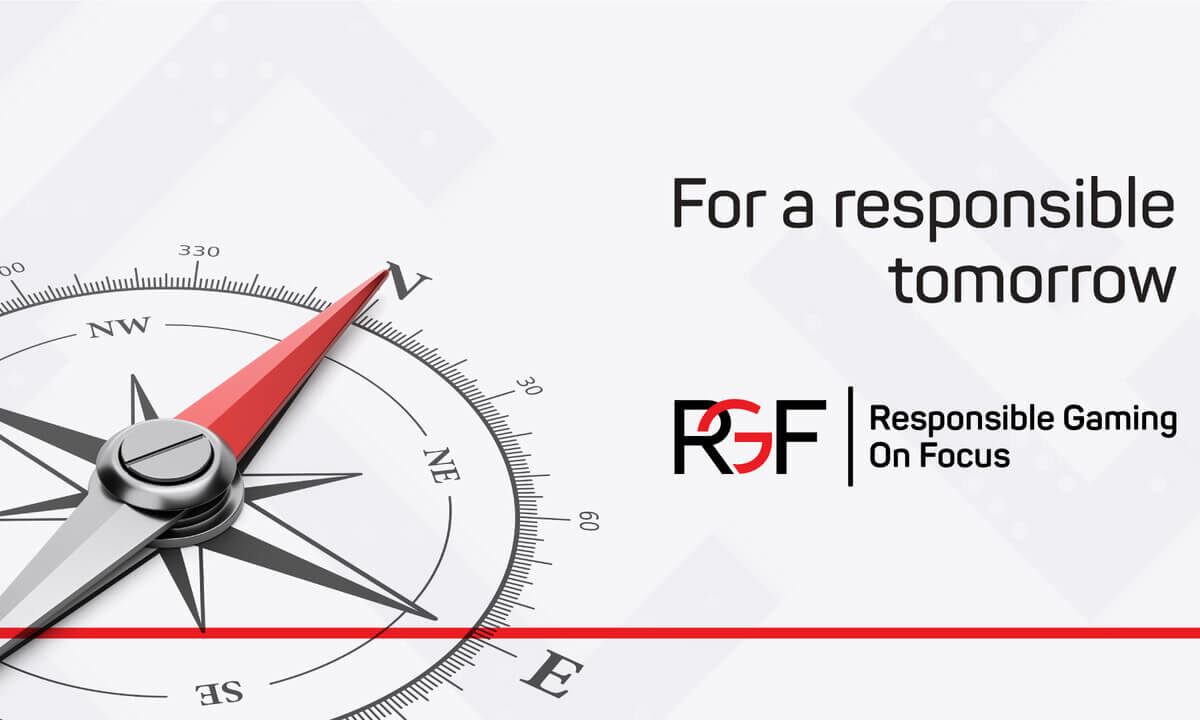Introduction:
In the vast landscape of betting and gambling, the nuances of gender differences have become increasingly apparent. Delving beyond the shared excitement of risk and reward, recent studies highlight distinctive betting and gambling styles between men and women. Understanding these differences not only shapes the gaming industry’s approach but also provides crucial insights for fostering responsible gaming practices.
Risk-Taking Behavior:
Men, often influenced by societal expectations that celebrate risk and competition, are drawn to high-stakes games. Poker, renowned for its strategic depth, and sports betting, requiring analytical prowess, are prime examples. The allure lies in the adrenaline rush associated with the potential for substantial wins.
Women, conversely, lean toward games with lower risk factors. Slot machines and bingo, dominated by chance, provide a more relaxed gaming experience. The motivation for women is often rooted in entertainment, socializing, and the joy of shared experiences rather than a relentless pursuit of financial gains.
Acknowledging these differences allows operators to implement tailored interventions. Offering diverse game portfolios that cater to varied risk appetites promotes responsible gaming. Providing clear information on risk levels and promoting low-stakes options can ensure a safer gaming environment.
Choice of Games:
Men’s inclination toward skill-based games aligns with the desire for competition and strategic challenges. Poker rooms and sportsbooks cater to this preference, fostering an environment where knowledge and skill play pivotal roles.
Women’s preference for chance-based games emphasizes luck and sociability. Slot machines, known for their simplicity, and bingo, a communal game, cater to these preferences. For women, the enjoyment derived from the game’s atmosphere often surpasses the quest for competitive triumph.
Offering a diverse game library that includes both skill-based and chance-based options promotes inclusivity. Implementing features like reality checks and spending limits encourages responsible engagement across all game types.
Motivations for Gambling:
Men’s motivations are often linked to financial gains and the thrill of competition. Winning signifies status and achievement, reinforcing the appeal of high-stakes endeavors.
Women find motivation in social and recreational aspects. Gambling is a form of entertainment and a means of connecting with friends. Viewing losses as part of the cost of entertainment, women prioritize the experience over the outcome.
Promoting responsible gaming involves understanding and addressing these motivations. Establishing clear communication on the recreational nature of gambling and the importance of budgetary constraints cultivates a healthier gaming culture.
Frequency of Play:
Men’s more frequent and impulsive gambling behavior can be attributed to the social acceptability of engaging in competitive and risk-oriented activities regularly.
Women, considering gambling as a periodic social activity, are more likely to align their habits with social events or special occasions.
Recognizing these patterns allows operators to implement targeted harm reduction measures. Providing tools for self-assessment, setting session limits, and encouraging periodic breaks contribute to a more controlled gaming experience.
Conclusion:
Decoding gender dynamics in betting and gambling unveils a spectrum of preferences that can inform responsible gaming practices. Extracting good practices involves tailoring interventions, offering diverse gaming options, and fostering open communication about the nature of gambling. By recognizing these distinctions, the gaming industry can embrace inclusivity and responsibility, creating an environment where both men and women can enjoy gaming safely and responsibly.
Embracing the less risky behavior exhibited by women in gambling provides a valuable blueprint for instilling more responsible gaming practices among men.Educating male players about the benefits of a more measured approach, implementing spending limits, and encouraging a mindset that views losses as part of the overall entertainment experience contribute to fostering responsible gaming habits. Ultimately, by leveraging the strengths of both gender approaches, the gaming industry can create a more balanced and responsible environment for all players.





